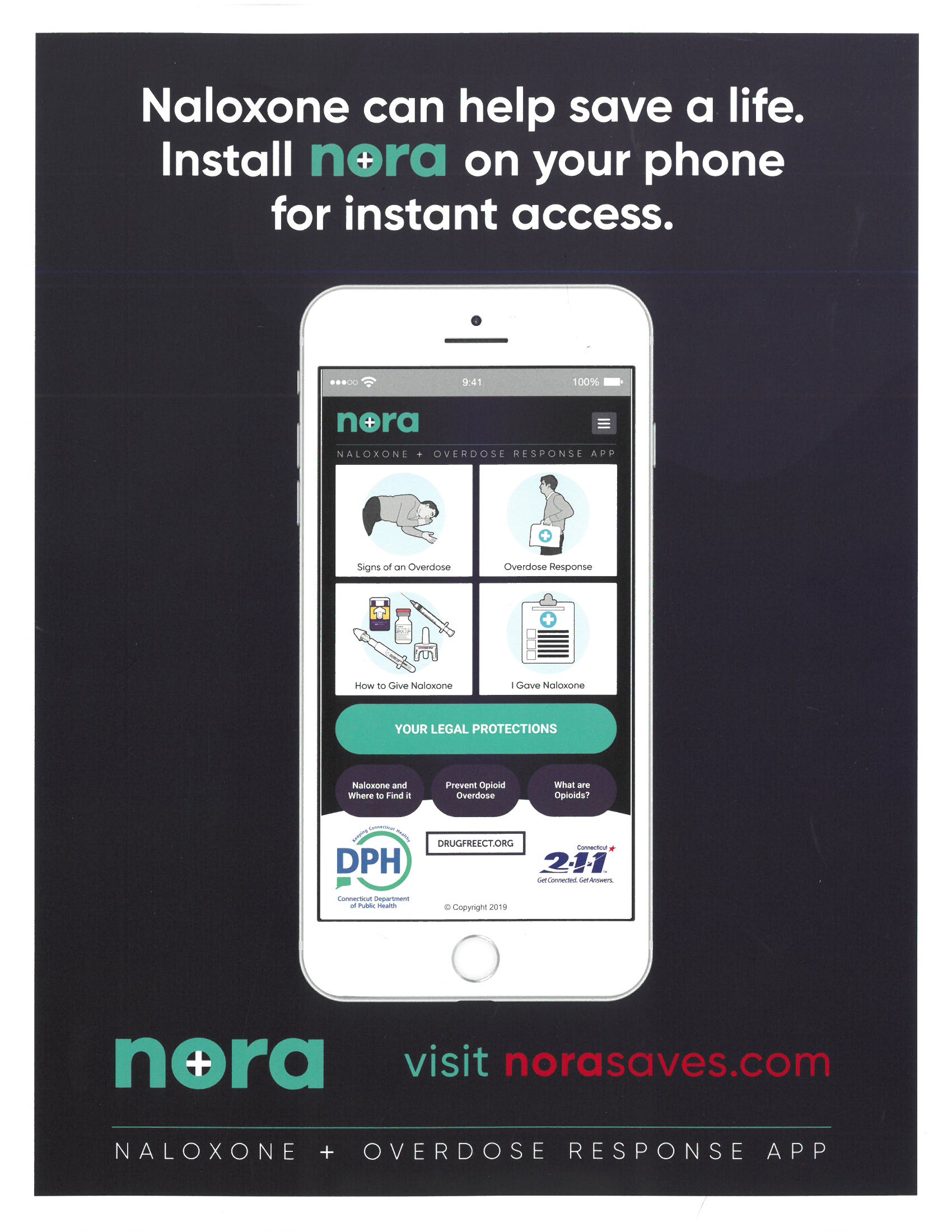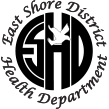Naloxone (Narcan)

Naloxone, also known as Narcan, is a prescription medication that reverses opioid overdoses. It is a safe and easy to use medication that you can get from your doctor or a certified pharmacist. CT Medicaid and most commercial insurance cover naloxone, although there may be a co-pay or deductible.
All 50 states now have naloxone access laws designed to make the medication more available.
- It is impossible to abuse naloxone as its only job is to reverse opioid overdoses.
- Naloxone is only effective on opioids (heroin, OxyContin, Vicodin, fentanyl, etc.)
- If naloxone is given to a person who has not overdosed on an opioid it will not hurt them.
- Persons dependent on opioids who are given naloxone will experience opioid withdrawal.
- In any overdose situation, 911 should be called and naloxone should be administered if opioids are involved or suspected to have been involved.
- In 2011, a “Good Samaritan Law” (Public Act 11-210) was passed in an attempt to address people’s unwillingness to call 911 for an overdose situation. This law protects people who call 911 seeking emergency medical services for an overdose from arrest for possession of drugs/paraphernalia.
How does naloxone work?
When a person takes an opioid, it enters the brain and attaches to “opioid receptors” that give the user a “hit” or a “high”. The Naloxone goes to those same opioid receptors, removes the drug, and binds to the receptors to block the effects from the opioid. It is fast acting but is also short acting; meaning it does the job quickly but may not last longer than the opioids that are still in the body. After about 30 to 90 minutes the naloxone will wear off. It is possible that the person may go into an overdose situation again; therefore, it is important to call 911 any time you give naloxone.
How can you get naloxone?
Naloxone is becoming more widely available.
- It is available by prescription through your doctor, APRN, Physician’s Assistant
- Most local pharmacist can prescribe. They will review signs of an overdose and how to properly administer naloxone right at the pharmacy before prescribing and providing the medication. Call the pharmacy before you arrive because naloxone is not always in stock.
- Most insurances cover the medications, but co-pays vary
For Information on Naloxone in Spanish: https://www.cdc.gov/spanish/mediosdecomunicacion/comunicados/p_vs_naloxo...
